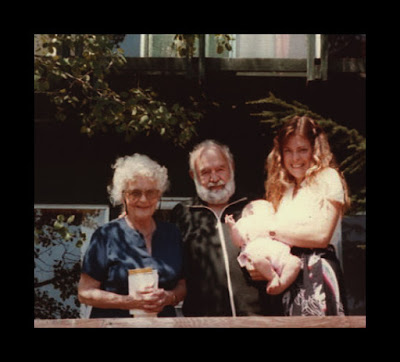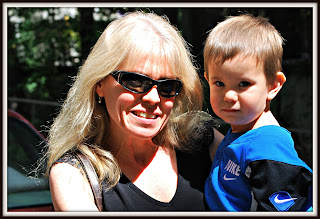Make Do

When Grandma needed something that she didn't have, she'd often say, “We can make do.” The most affectionate time she said we could make do was when I arrived at her remote cabin in the woods with my infant daughter. I didn’t own a portable crib, so Grandma emptied a dresser drawer for her to sleep in—it worked great. Grandma was resourceful. She’d make toy dolls from yarn and buttons. She fashioned doll clothes from flour sacks. In the kitchen, she’d make do with what she had. She repaired what broke; she didn’t replace. I don’t think I ever fully developed my ability to “make do”. Growing up with plenty of cheap solutions, my idea of making do usually meant going out and buying it. I wonder if I have missed an opportunity to think creatively with what I have on hand—like Grandma did. Her generation seemed to find solutions from what was available. As I look at what I have—it’s way more than Grandma had—maybe I can learn how to improvise more,



